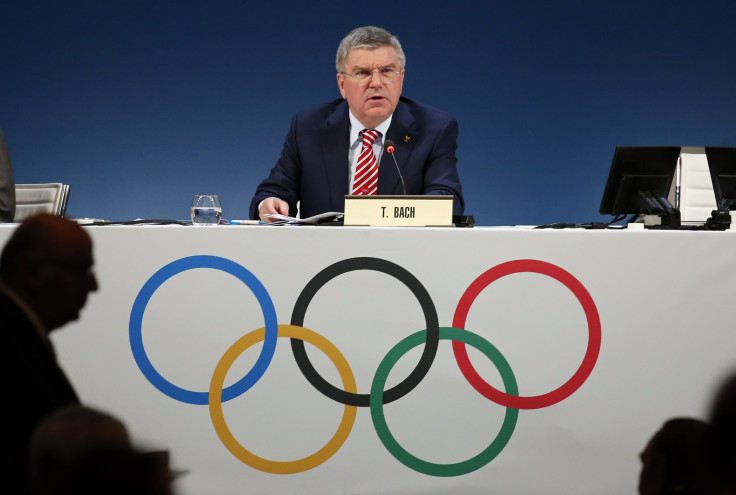International Olympic Committee Meeting 2014: Rule Changes Allow Games In Multiple Cities, Could Bring Back Baseball

Having a single Olympic "host city" could become a thing of the past. The International Olympic Committee (IOC) approved Monday new rules for cities hoping to host the games. The Olympics can now happen in more than one place and be discussed in advance of cities' bidding, which should make hosting cheaper and easier. The IOC also stopped limiting the number of sports allowed for the Summer Games, which means baseball and softball could return for Tokyo 2020.
The changes were included in a 40-point improvement plan authored by IOC President Thomas Bach, BBC News reported. They're part of the most drastic reform the IOC has seen in years and were enacted to widen the pool of applicants.
Cost scared off many cities in the running for the 2022 Winter Games, the Associated Press reported, especially as news spread that the 2014 Winter Games cost Sochi $51 billion. Under the new plan, potential applicants are encouraged to discuss with the IOC the financial consequences of hosting the games. If geography or sustainability complicate hosting too much, cities can have events outside of their area. This enables joint bids where nearby countries work together to host the games, which wasn't a universally popular concept.
"I am worried that the unique character of the games could be diminished by the recommendation to allow some events to be dispersed over several locations within the same country, or even in a neighboring country," Swiss member Denis Oswald said, according to an AP report.
But IOC Vice President John Coates said people shouldn't panic, as the organization will only accept joint bids in extreme circumstances. The first example may be the Pyeongchang 2018 Winter Games in South Korea, where people have suggested it's illogical to build a $100 million sledding sports facility just for the event, the Chicago Tribune reported.
On Monday, the IOC also eliminated the 28-sport cap for the Summer Games in favor of an event-centric system. The size of the Olympics will stay the same, but host cities can request certain sports be included. This policy could affect the 2020 games in Tokyo, where organizers were lobbying to reinstate baseball and softball after they were cut in 2008. "This is a major breakthrough," Canadian member Dick Pound said, according to an AP report. "We were at a dead-end situation with 28 sports. This provides the flexibility we need."
The IOC's meeting was due to continue Tuesday, at which point it would discuss a dedicated Olympics TV channel and nondiscrimination strategies.
© Copyright IBTimes 2024. All rights reserved.






















